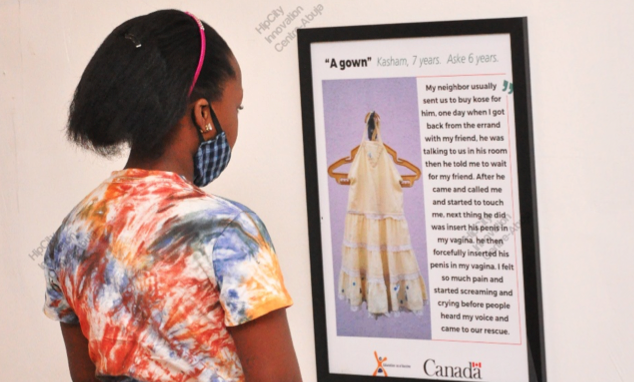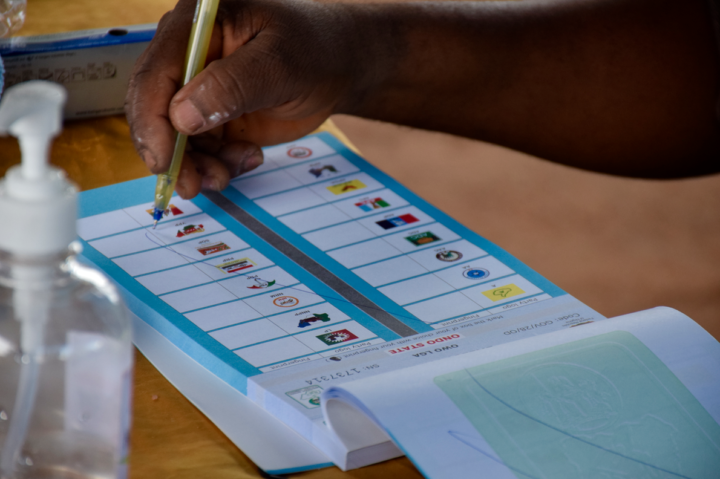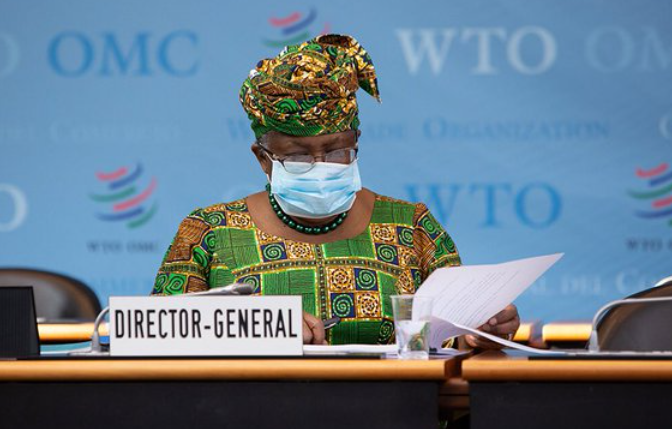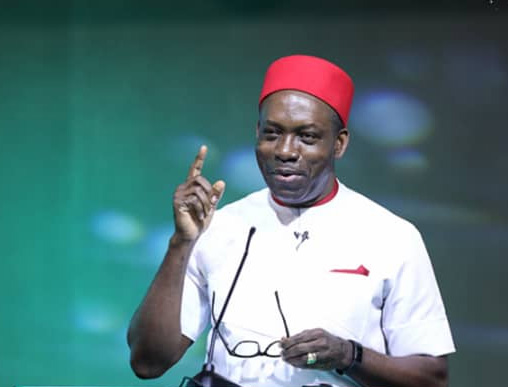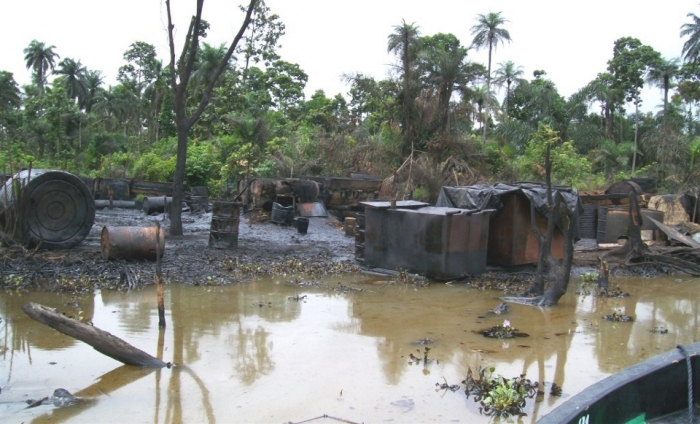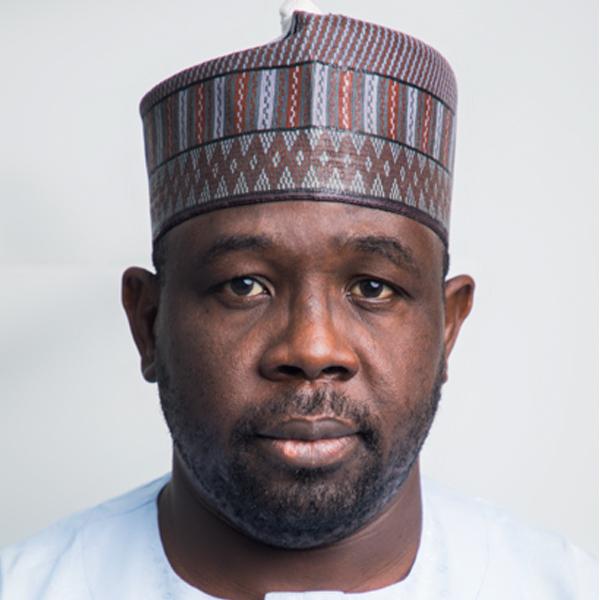BY BASSEY BASSEY
In a cosmopolitan city like Abuja, there are signages at major street corners rebuking women from dressing in a certain way and this is also common in many other states. In many tertiary institutions across Nigeria, school authorities have dress codes for undergraduates and postgraduate students, constantly policing and attaching fines/punishment for non-conformists. These dress codes are often times targeted at women.
The two most practiced religions in Nigeria (Christianity and Islam) promote modest dressing.
In all of these, the most targeted gender are women and girls; from infancy until death, girls and women are trained to wear certain kinds of clothes, walk certain kinds of way, sit in a certain way, behave in a certain kind of way. One would think that with these overwhelming body policing of the female gender, they should live in peace devoid of bodily harm but yet they are the most victims of sexual and gender based violence.

Advertisement
In retrospect, one can see that the patriarchal society promotes and accepts rape in a subtle way and that is why the solution to curbing rape isn’t targeted at the root cause rather at the victim.
If our laws, both secular and religious, align that women exposing certain parts of their body is responsible for their being targeted by rapist, how come women in Buba (wrapper) are raped, how come babies in diapers are raped, how come girls and women in long flowing hijabs are also raped?
A recent report by Education As a Vaccine (EVA) titled “What was she Wearing”; a collection of stories from women and girls, chronicles the stories of several women and girls who suffered rape while wearing different kinds of clothing like hijab, long skirts, wrappers, diapers, trousers, etc. Every one of them raped for just one singular reason; they are women and girls and not because of what they wore.
Advertisement
The continuous censoring of the female body and the kind of apparel they put on is clearly not the reason why the prevalence of rape is soaring daily in Nigeria, instead it is the trivialising of rape by men.
We have condoned the rape culture for too long using the machinery of victim blaming; we are quick to ask; what was she wearing, where was she when it happened and some other ridiculous questions that serves only one purpose “SILENCE THE VICTIM” instead of naming and shaming the sexual offender.

Isn’t it worrisome; that 36 years since Nigeria ratified the convention on the Elimination of Forms of Discrimination Against Women and Girls (CEDAW 1985) and 25 years since we signed up to the Beijing Declaration, and most recently the Violence Against Persons Prohibition Act (VAPP Act) of 2015, we are still battling on how to adequately tackle the menace of sexual pervasion against our women and girls.
Advertisement
Since the passage of the VAPP Act in 2015, only 21 states have domesticated the Act, after painstaking lobbying, advocacy, campaigns and multi-level engagements. It is a shame that a country whose supreme law (the constitution) guarantees the right to dignity of the human person is hesitant to stamp out sexual and gender based violence and is waiting to lobbied, begged and pushed to do right by its people.
Rape should never be mentioned in the same sentence where women apparels are mentioned as a push factor for sexual abuse.
Rape is enabled by the government at all levels, else relevant laws not targeted at the victim would be enacted and implemented passionately to rid our society of these moronic behaviours and make our communities, streets, schools, parks, walk-way, workplace, etc, safe for women and girls.
Bassey Bassey is the executive director, HipCity Innovation Centre
Advertisement
Views expressed by contributors are strictly personal and not of TheCable.
Add a comment
